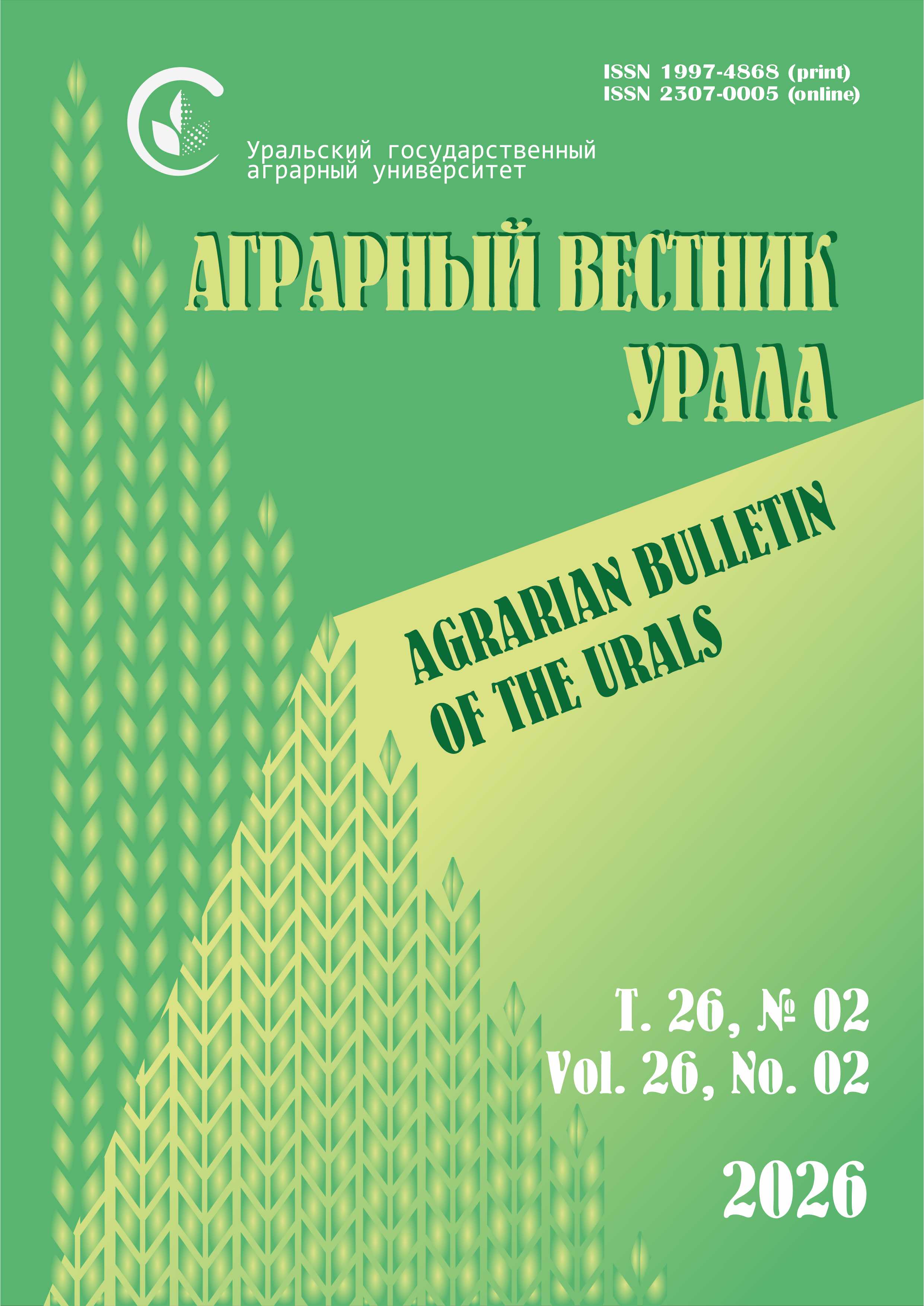Аuthors: K. P. STOZHKO, doctor of historical sciences, professor,
T. I. KRUZHKOVA, candidate of historical sciences, associate professor, deputy director for academic affairs,
Ural State Agrarian University,
O. A. RUSHCHITSKAYA, candidate of economic sciences, director, Institute Economy,
Finance and Management of Urals State Agrarian University (42 K. Libknehta Str., 620075, Ekaterinburg; tel: +7 (343) 371-33-63)
Abstract: This article offered the historical and retrospective analysis of historical experience of territorial reform of 1864 in the field of development of local self-government and forming of the relations between the central and local government, and also the package of measures on strengthening of system of local self-government in the context of development of the interbudgetary relations and the solution of questions of ensuring their economic independence. The most essential aspects of territorial reform are allocated: formation of an order of elections to territorial establishments, definition of a circle of competences of bod- ies of a territorial self-government and ensuring economic independence in activity of territorial establishments. Relevance of these aspects in modern conditions for development of system of local self-government is tracked. In particular, discrepancy of profitable base of local budgets — a circle of competences of local government bodies is noted. The question of updating of experience of publicizing of activity of territorial establishments in increase of publicity and transparency of activity of local government bodies at the present stage is raised. We’re noting the significant aspects of the historical experience of the County reform: the formation of the order of elections in local self-government, the definition range of competencies territorial selfgovernment, to ensure the economic independence of zemstvo institutions. Authors focus on the financing and self-financing institutions peasant. The most important were: the identification of the amount held by each peasant family to meet its needs, the role played by the agricultural and fishing revenues in the budget of the individual groups and families and others. Rec- ommendations were made sources of financing of local budgets, ensuring transparency and openness of local governments. The authors suggested a public practice approach to the coverage of local government, especially in rural areas, to expand its knowledge base in the media.
Keywords: local self-government, territory, district council, interbudgetary relations, economic independence, Provincial Assembly, farm reform.












